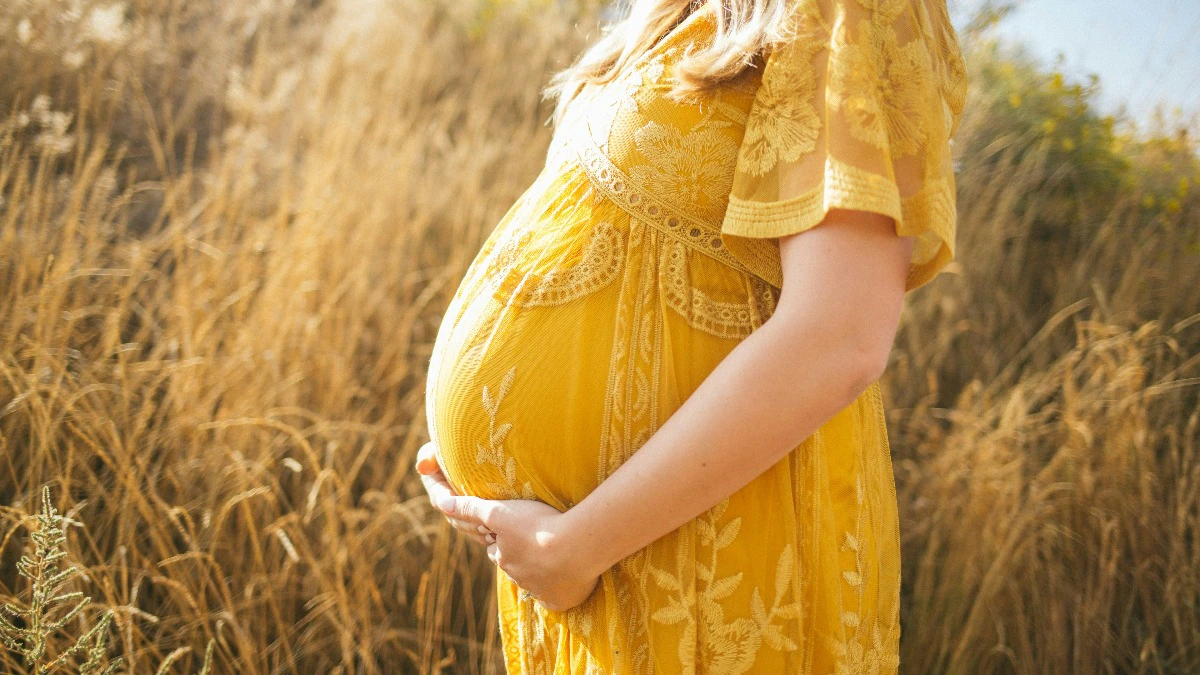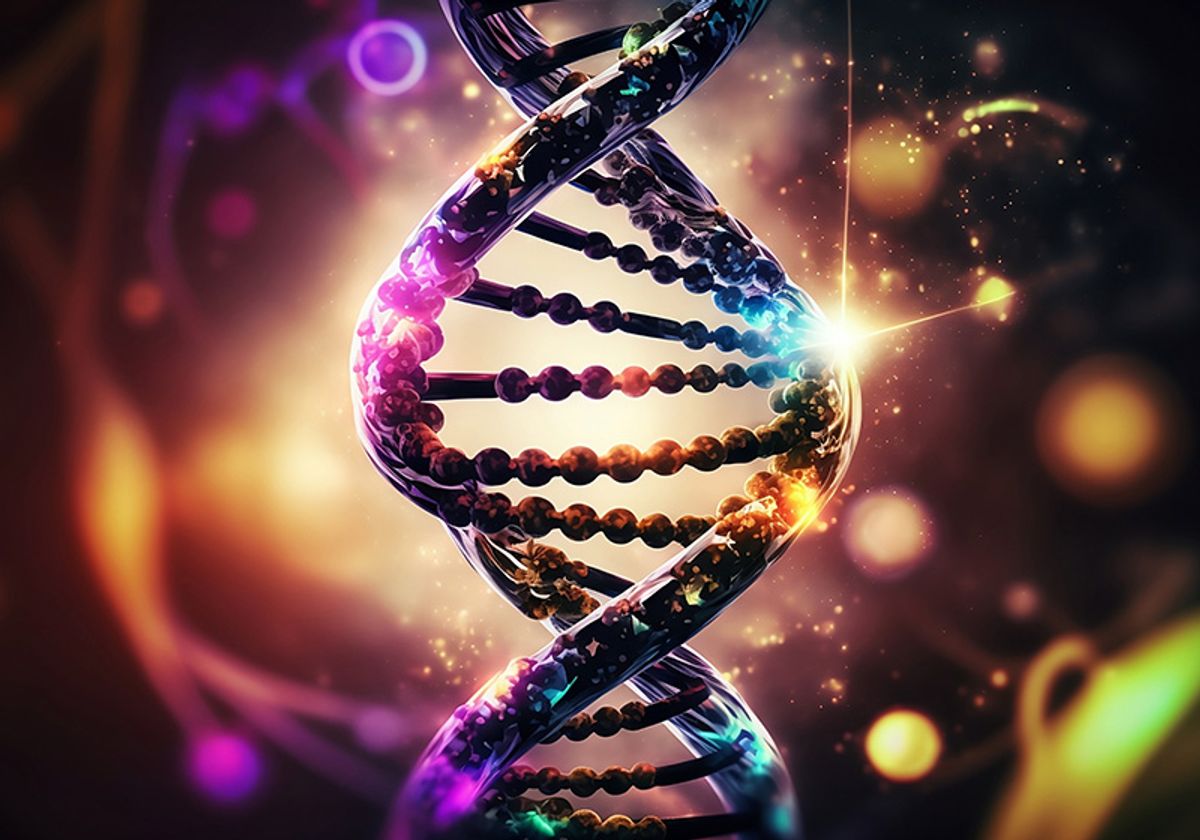A recent study conducted by scientists at the Columbia University Mailman School of Public Health in New York has revealed that pregnancy might accelerate biological ageing in women.
Examining data from a long-term health survey in the Philippines involving 1,735 individuals, researchers analyzed reproductive histories and DNA samples to investigate pregnancy’s impact on the ageing process.
They assessed participants’ biological age using six different “epigenetic clocks,” which are genetic tools estimating biological age based on DNA methylation patterns.
Among 825 young women studied, each reported pregnancy was associated with an additional two to three months of biological ageing.
Furthermore, women who experienced more pregnancies over a six-year follow-up period showed a greater increase in biological ageing during that time frame.
These associations remained significant even after adjusting for factors such as socioeconomic status, smoking, genetic variations, and environmental influences.
Interestingly, the study did not find a similar link between biological ageing and the number of pregnancies fathered by 910 men from the same health survey cohort.
Published in the Proceedings of the National Academy of Sciences, the findings underscore the impact of pregnancy on biological ageing, particularly among young women with high fertility.

Calen Ryan, the lead author and associate research scientist at the Columbia Aging Center, highlighted the significance of the findings:
“Our results indicate that pregnancy accelerates biological ageing, a phenomenon particularly evident in young women who experience frequent pregnancies.
This study is unique in its longitudinal approach, linking changes in pregnancy frequency to changes in biological age over time.”
Ryan noted the contextual challenges: “Many of the pregnancies reported in our initial assessment occurred during late adolescence, a period of growth for young women.
Such pregnancies can pose significant challenges for mothers still developing, especially in the absence of adequate healthcare, resources, or support.”
He also emphasized the need for further research: “There is still much to understand about how pregnancy and other reproductive factors influence the ageing process.
Additionally, the long-term implications of accelerated epigenetic ageing observed in these individuals on future health and mortality remain uncertain.”
